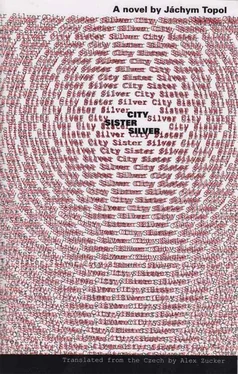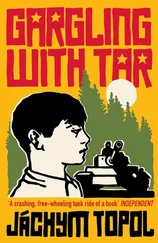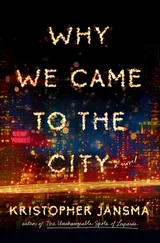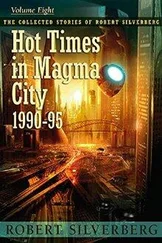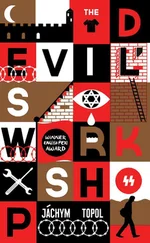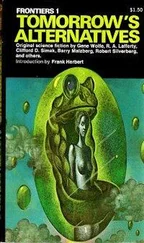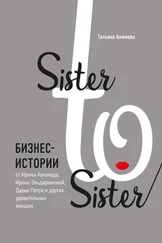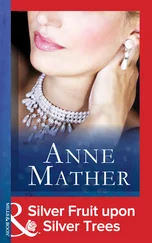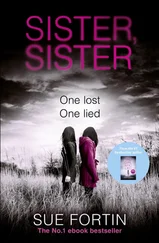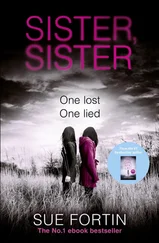Jáchym Topol
City, Sister, Silver
About the Author and the Translator
Jáchym Topolwas born in Prague on August 4, 1962, son of Josef Topol, a renowned playwright, poet, and Shakespeare translator. Topol’s writing began in the late 70s and early 80s with lyrics for the rock band Psí vojáci (Dog Soldiers), led by his younger brother, Filip (the relationship has continued: poems from this novel were set to music and released as the CD Sestra: Jáchym Topol &Psí Vojáci).
In 1985 Topol cofounded Revolver Revue, a samizdat review specializing in new Czech writing. Topol played an active role in the 1989 Velvet Revolution in Czechoslovakia, writing, editing, and publishing an independent newsletter that became the investigative weekly Respekt.
Topol’s first collection of poetry, I Love You Madly (samizdat, 1988), received the Tom Stoppard Prize for Unofficial Literature. His second volume of poetry, The War Will Be On Tuesday, came out in 1993. City Sister Silver, Topol’s first novel, won the Egon Hostovský Prize as Czech book of the year in 1994. His story “A Trip to the Train Station” was published in a Czech-English edition (the English translation by Alex Zucker) in 1995. Topol has since published a novella and translations of American Indian myths.
Topol lives in Prague with his wife and his daughter.
Alex Zuckerhas translated More Than One Life by Miloslava Holubová (1999), A Trip to the Train Station by Jáchym Topol (1995), and a number of stories and poems published in literary magazines and anthologies in the U.S., U.K., and Czech Republic. For several years after the Velvet Revolution, he lived in Prague, translating and copy editing. He now lives in New York City.
Czech Pronunciation Guide
b, d, f, m, n, s, t, v, z — like in English
c — like ts in oats
č — like ch in child
ch — one letter; something like ch in loch
d’ — soft, like d in duty (see ě below)
g — always hard
h — like h in have, but more open
j — like y in you
l — like l in leave
ň — like n in new (see ě below)
p — like our p, but without aspiration
r — rolled
ř — pronounce r with tip of tongue vibrating against upper teeth, usually approximated by English speakers by combining r with s in pleasure
š — like sh in ship
t’ — soft, like t in Tuesday (see ě below)
ž — like s in pleasure
a — like u in cup, but more open
á — hold it longer
e — like e in set, but more open
é — hold it longer
ě — after b, m, n, p: usually approximated by English speakers by saying the consonant plus yeah; after d and t, soften the consonant by placing tongue at tip of upper teeth
i, y — like i in sit, but more closed
í, ý — hold it longer, like ea in seat
o — like o in not, but less open
ó — hold it longer, like aw in lawn
u — like oo in book
ú, ů — hold it longer, like oo in stool
ou, au, and eu are Czech dipthongs
Rule No. 1 — Always place accent on the first syllable of a word.
Rule No. 2 — Pronounce all letters.
Set in the first years after “time exploded,” City Sister Silver is the story of a young man trying to find his way in the messy landscape of post-Communist Czechoslovakia. Beyond that, though, it is the author’s exploration of the way language changed in response to the new reality. In an effort to capture the dislocation of this period, Jáchym Topol flaunts the conventions of his native tongue at nearly every step. Indeed his Czech publisher felt it necessary to include a special editor’s note alerting readers to “the author’s intent to capture language in its unsystematicness and out-of-jointness,” pointing out his radical fluctuations in grammar, spelling, syntax, and style between the two poles of written (or literary) and spoken Czech not only from scene to scene, but within a single paragraph or sentence, sometimes even from one word to the next.
Given the history of our own language, in particular the erosion of the border between spoken and literary usage by twentieth-century writers, this may strike English speakers as commonplace. But compared to English, the distinction between written and spoken language in Czech remains far more rigid, and the gap between them far greater. Bridging this gap, moreover, is a vast spectrum of “intermediate” levels for which English has no equivalent. In this novel, Topol works with all of them.
Some features of spoken Czech translate into English more easily than others. Dropped letters, for instance, are common to both languages (e.g., du = “I’m goin”). But Czech expresses “spokenness” in a host of other ways — shortening long vowels, for one, or adding a v before words that begin in 0 — that cannot be directly reproduced in translation. What makes Topol’s writing such a challenge to bring into English, though, is the way he combines and alternates forms, and the extremes he goes to in doing so.
Where Topol mixes spoken and written style, I usually dealt with it by dropping letters or using contractions, but inconsistently, to mimic the jumbled effect. In Chapter 8, for instance, Potok asks a downtrodden priest: “Do you know Padre Konrád, father, my good pastor … kina short and cross-eyed …” In the original text the sentence reads: “Znáte pátera Konráda od nás, otče, mýho dobrého pastýře … je takovej malý a šilhá …” Whereas the rules of written Czech would call for the last eight words to read, “mého dobrého pastýře … je takový malý a šilhá …” a fully spoken rendering would be “mýho dobrýho pastýře … je takovej malej a šilhá …” Here my translation approximates the clash of written and spoken forms by contracting kind of to kina, a common feature of spoken English, while retaining the d on and, which I would otherwise drop in the case of “pure” spoken Czech.
Despite the Czech edition’s assertion that “valid rules are present in the background of the text,” often it was hard to discern a pattern to the constant shifting and mixing, and in my exchanges with the author he repeatedly described his choices as a pocitová věc — “a matter of feeling.” Inevitably then, my translation too is less about mechanically reproducing the thousands of individual twists on and departures from conventional Czech than about capturing the feeling, the jarring, the dislocation they were meant to convey.
Grammatical and stylistic quirks apart, City Sister Silver contains a daunting variety of Czech idioms, dialects, and slang, plus assorted words and phrases from several other languages, and a multilingual tongue spoken by non-Germans in Berlin. Even more challenging — and more fun — for the translator, though, are the words, turns of phrase, and metaphors that Topol invented himself, a private language of sorts.
To choose just one example, from Chapter 17: As Potok and Černá hike through the woods, they nibble on something called “lanceroot.” Here I devised a neologism to match the author’s own. The Czech word, kopišník, to me suggested kopí meaning spear or lance. Then it was just a question of deciding what sort of nibblable plant it might be, fruit, root, or vegetable; root, I thought, sounded more likely than berry.
Probably the single most personal invention that I caught in the novel, though, was a metaphor in Chapter 16. (I deliberately say “that I caught,” since no doubt there are other references of an equally private nature that I failed to pick up on.) While neither the Czech original nor my translation give any hint as to where it comes from, the story behind this metaphor intrigues me too much not to share it.
Читать дальше
